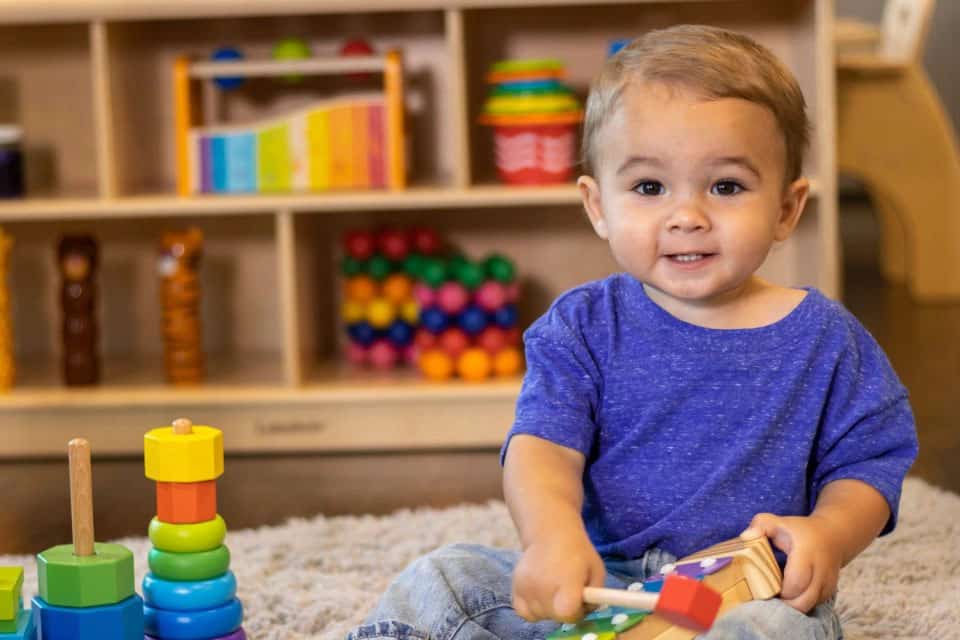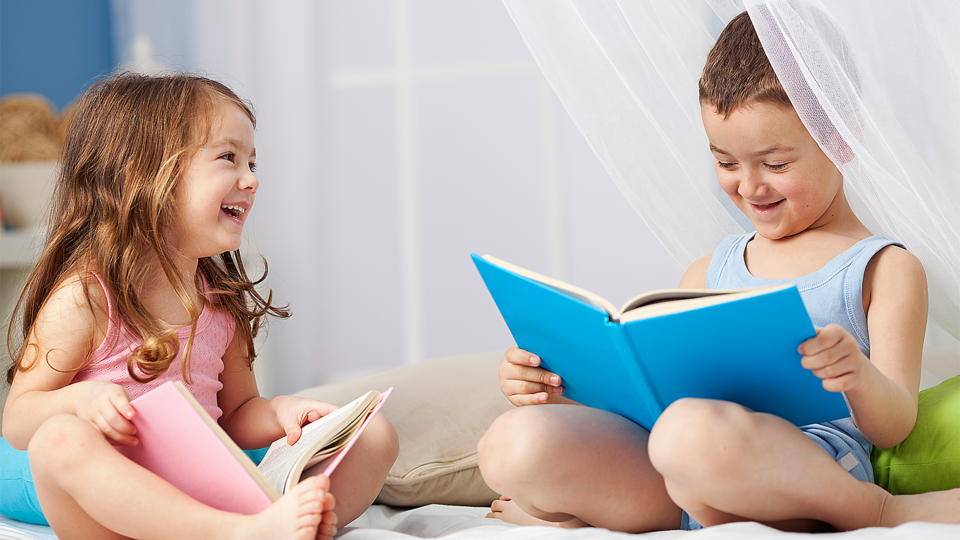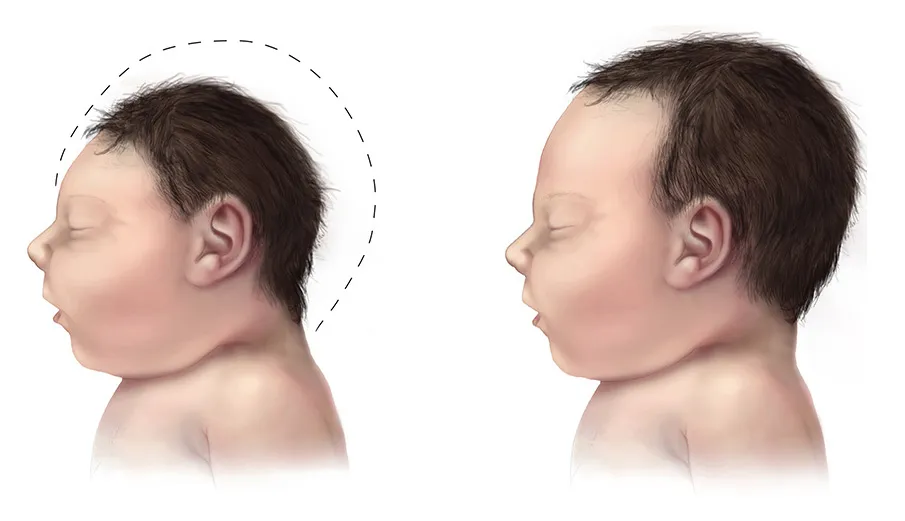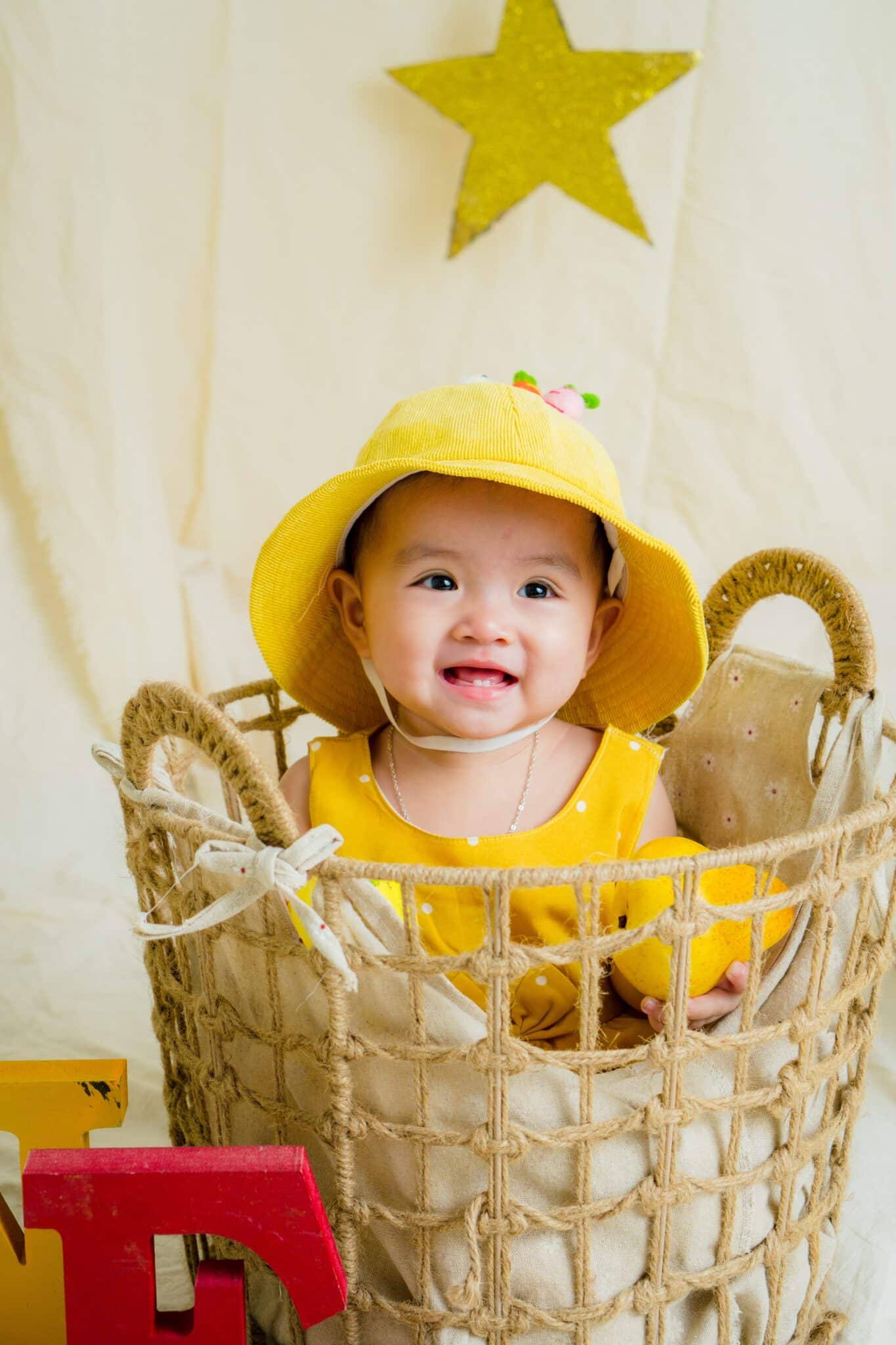Table of Contents
During the first three years of life, your baby begins to become aware of the language you and those around him speak. Every time someone reads to your child, talks to them, or sings to them, you help them become more linguistically conscious.
As children get older, reading aloud helps them become more fluent readers and writers and teaches them how language works. The first step before kids can read on their own is early literacy for toddlers.

The ABCs of Teaching Your Toddler to Read
Language and reading skills start to develop in infancy. To teach your baby language and reading, you must pay attention to how he makes sounds, motions, and facial expressions.
Why is early literacy for toddlers important?
Early literacy has a wide range of advantages. It’s important for early childhood development since reading is the cornerstone of all other learning. Children benefit from early literacy because they can communicate better.
Even with no formal education, exposing your toddlers to reading and writing materials early will significantly help them in their formative years.
Unfortunately, children who have no access to such resources find it challenging to communicate, which affects their behavior since they can’t clearly articulate their needs and wants.
What are early literacy skills?
Through unconscious or conscious efforts, early literacy affords your child valuable skills that they use when they start going to school. These skills include:
- Acquiring skills to hold a book properly
- Drawing and doodling skills to pave the way for writing
- Experimenting with language sounds through rhymes and songs to develop oral communication skills,
- Knowing how to link letters and sounds
- Vocabulary development
- Learning to recognize different book types and genres (poetry, fairytales, etc.)
- Understanding how to utilize language to communicate ideas, ask questions, and tell tales
- Fostering a passion for reading and writing
- Gaining a better understanding of their surroundings
What are the Best Ways to Teach Your Child how to Read?
Without your knowledge, your children may already be exposed to literacy at a very young age. As parents, there are other things we can do and actions we can take to increase their exposure and promote their language development.
1. Talk to your toddler.
Your children’s vocabulary grows because you talk to them more. Additionally, your kids are able to use more complex sentences. Therefore, talking to your child is beneficial—whether inside your car, at the playground, or in the bathtub!
2. Focus on your child’s interests.
Your kid will communicate his interests and excitement to you through actions, facial expressions, and words.
For example, your child might have an interest in animals. Put your child’s movements into words by saying, “Yes, that’s a skunk,” when he gestures out the window or casts you a doubtful glance. This lets him know that what he’s seeing is called a ‘skunk.’
3. Introduce new words.
Whenever you talk to your child, you can always try to introduce new words to expand his vocabulary. For example, you and your child are eating fried chicken. If he already knows what ‘fried chicken’ is, you can try incorporating its characteristics, like ‘crunchy’ or ‘delicious.’
Additionally, you can add new sides like ‘gravy’ or mashed potatoes or actions like ‘clean up’ after eating.
4. Tap on the things that surround you and the toddler.
Point out everything that you see when you’re with your kid. For example, if you see a street sign, open/closed signs, and/or a stop sign, you can ‘read them out loud’ by telling your child what they are.
Also, allow your kid to play with and “read” various printed materials, including catalogs, newspapers, takeout menus, and magazines.

5. Sing nursery rhymes and songs.
Even if your child can’t create complete phrases, singing nursery rhymes can help them expand their vocabulary. Children enjoy repetition. Together, you may sing along, listen to music, read books of nursery rhymes, and follow the words along through a book or video.
6. Read to your toddler.
Reading aloud to your child fosters a love of books. Your child may be able to learn how to read books, turn pages, read words, and discuss pictures. Reading aloud to your child also develops their language and listening abilities.
7. Make reading more interactive.
You might ask your little one, “Would you like to read a book?” Which book are you interested in? Your child may soon fetch a book and return it to you.
Then, when you’re already reading the book with your child, ask questions, such as “Where did the bunny go?” or “Who won the race?” This hones your child’s thinking skills.
8. Let your kids learn through repetition.
Pick children’s books with word or phrase repetitions in the narratives. Through repetition, your child may pick up new words and pronunciations.
Other good children’s books that can help your child through this technique include books with questions as titles, such as “Where is _____?”; stories that have predictable endings; and books with pictures of common animals or objects.
9. Narrate your own story.
Tell your child your own story instead of reading him a book. Children continue to develop key reading abilities through listening. They get new vocabulary. Additionally, they discover the order in which a story’s beginning, middle, and end occur.
When your child demonstrates that he is utterly uninterested, put the book down and make up your own story instead.
Fun Early Literacy Activities for Kids
Early literacy exercises can be started at any age. Young children, especially toddlers, learn best through play. You could try incorporating these fun learning activities for developing literacy into your child’s routine.
1. Can you find…
Toddlers may like to lend a helping hand. Give your kid a simple assignment like, “Go get your shoe.” Make sure you can see the target.
You can ask your kid to look for a familiar object out of sight as his language skills develop, such as, “Can you show me where the airplane is?” This is a fantastic method to know if your child paid attention when you were teaching him or if he could follow directions.
Additionally, you can also play a game like ‘I Spy. You can start by saying, “I spy something blue,” and your kid will have to point out a blue object. Or, you could say the item at once, like, “I spy a refrigerator,” and your child will point at the item.
2. Name safaris!
Stroll with your little one around your home, neighborhood park, or zoo. Name and point to several items. Encourage your little one to mimic your word repetitions. Sometimes, your child will take the lead and point out what object he wants to know about.

3. Connect the dots
Children can draw a variety of shapes before they can draw letters. A wonderful literacy exercise for honing this ability is drawing circles and lines and then linking them to triangles and squares. Let them connect the dots first if you think they’re having a hard time.
After connecting dots to form shapes and objects, you can level this up by connecting dots that form the shape of letters. This helps them learn the letters of the alphabet and write their names in the future!
4. Learning cards or flashcards
Play with learning cards with your child so that he can become familiar with what you want him to learn (e.g., animals). If you don’t have learning cards, you can always DIY them!
Join the cards with a short length of yarn. Each page should be shown to your child along with the animal’s name and sound. Which animal does your child prefer? He can start by making an animal sound.
5. Baby authors
This one is excellent for developing reading, writing, and artistic abilities in children, all of which they would typically accomplish in school. Give your kids blank papers, a notebook, or a diary, and ask them to make up a story.
They can be very creative with this, including illustrations and text, if they already know how to write. After that, let your child explain the story to you. Teach them to be young authors as soon as your child is a toddler!
Enroll Your Child in Daycare
If you think your child is ready for more learning activities or you’re a busy parent who doesn’t have much time to teach your little ones, you can enroll them in daycare. These establishments accommodate children over six weeks old.
If your child is at the right age, the daycare center helps develop early literacy for toddlers. At the same time, your child can socialize with other kids, making it easier for them to transition to formal schooling when that time comes!
Marvel Early Literacy Skills for Your Toddler
The impact of providing your toddler with early literacy skills can’t be stressed enough. It greatly impacts their communication skills during these critical formative years.
We at Omega Pediatrics would be happy to assist parents in shaping their toddlers into smart and amazing kids as they become better communicators as they grow. We educate and counsel parents on every detail of the learning process.
Omega Pediatrics strives to be your best ally in the growth and development of your children. Guide your toddler to acquire early literacy skills for a smooth and fruitful transition to formal schooling.
FAQ
Why is early literacy for toddlers important?
Early literacy is crucial for early childhood development as it forms the foundation for communication skills and sets the stage for future learning. Children benefit from exposure to reading and writing materials early on, enhancing their ability to communicate effectively.
What are early literacy skills?
Early literacy skills encompass a range of abilities that toddlers develop, including holding a book properly, drawing and doodling to pave the way for writing, experimenting with language sounds through rhymes and songs, recognizing letters and sounds, vocabulary development, and fostering a passion for reading and writing.
What are some effective ways to teach toddlers how to read?
Talking to your toddler, focusing on their interests, introducing new words, pointing out surroundings, singing nursery rhymes, reading aloud, making reading interactive, using repetition, narrating stories, and incorporating fun learning activities into their routine are all effective methods to teach toddlers how to read.
What are some fun early literacy activities for toddlers?
Fun early literacy activities for toddlers include “Can you find…” games, name safaris, connecting the dots, using learning cards or flashcards, and encouraging toddlers to become “baby authors” by creating their own stories and illustrations.
How can daycare assist in developing early literacy skills for toddlers?
Daycare centers provide structured environments where toddlers can engage in learning activities tailored to their developmental stage. Enrolling toddlers in daycare allows them to socialize with other children while receiving guidance and support in developing early literacy skills, preparing them for formal schooling.



